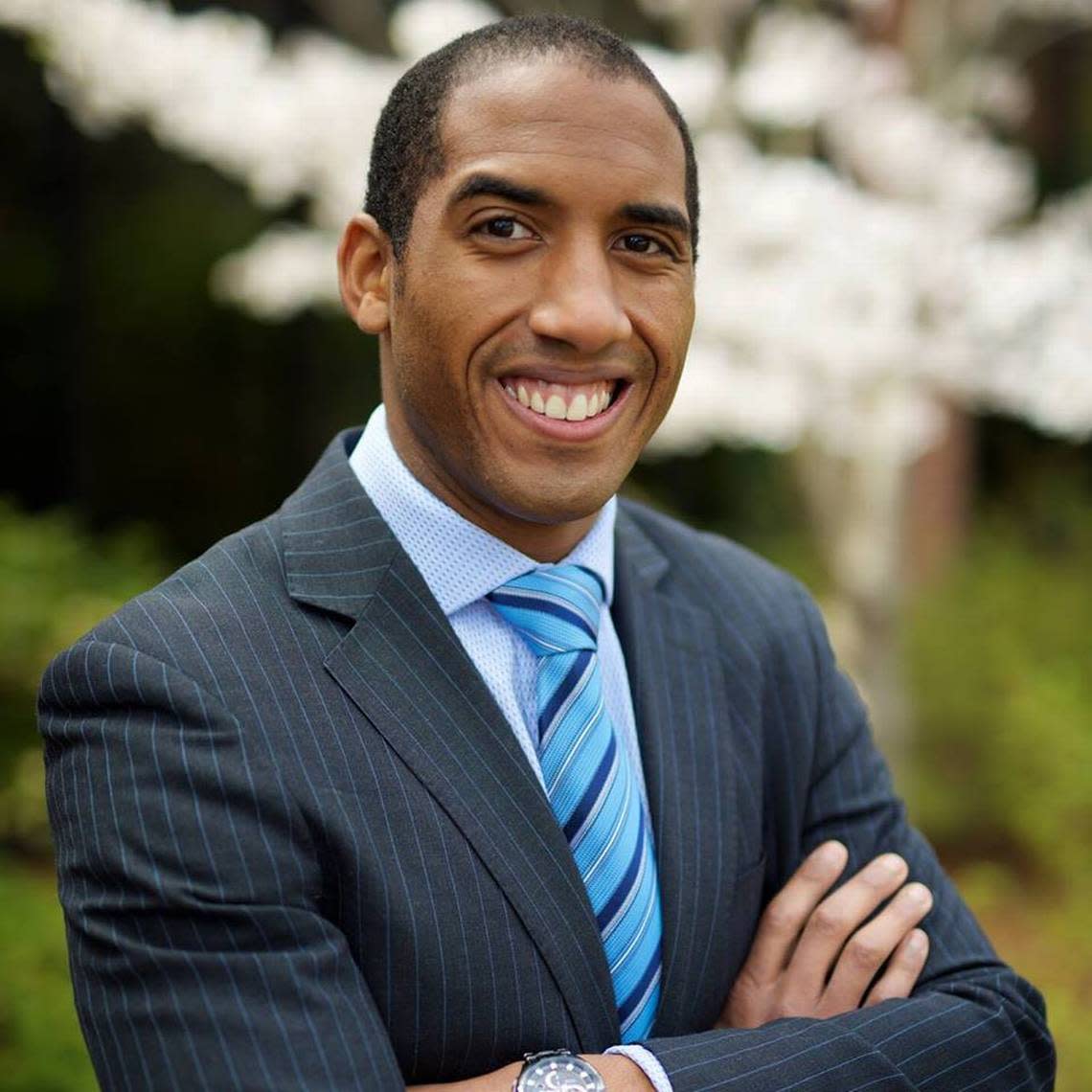U.S. must help Latin America double down in fight against crippling corruption | Guest Opinion
The same week the International Anti-Corruption Conference convened in Washington, D.C., two major corruption revelations rocked Latin America. On Dec. 6, Vice President Cristina Fernandez de Kirchner, longtime empress of Argentina’s political dynasty, was sentenced to six years in prison for corruption. Two days later, Peruvian President Pedro Castillo, whose administration was plagued with corruption allegations, sought to dissolve Congress, precipitating his ouster, arrest and national protests.
The unsung heroes in both of these cases were the public servants behind the headlines: the Argentine judges with the spine to stand up to the Kirchneristas. The Peruvian members of the armed forces who refused to go along with Castillo’s coup. The investigative journalists and civil-society activists who have long documented and called attention to these abuses.
Sadly, these people were the exception to the rule; more often than not, impunity wins.
According to a 2021 study tracking global corruption, nearly three-quarters of Latin American and Caribbean countries scored as “highly corrupt” or “corrupt.” From authoritarian regimes in Venezuela, Cuba and Nicaragua, to the spiraling crisis in Haiti, to Nayib Bukele’s increasingly authoritarian tendencies in El Salvador, countries are facing unprecedented threats to the rule of law, human rights and democracy itself.
Corrupt societies open the door for transnational criminal organizations to reign with impunity, spreading violence wherever they go. They smuggle drugs, weapons and humans; mine, log and fish illegally; and kill indiscriminately along the way. This corruption and violence have become major push factors for hundreds of thousands of people leaving their homes and embarking on the often treacherous journey to the United States.
Corruption and violence drain $200 billion from the region every year, according to a 2019 study by the Inter-American Development Bank. Criminality often scares away U.S. private companies looking to nearshore their supply chains.
Chinese businesses often fill the investment void, but some companies have been accused of worsening corruption even more. Bolivian authorities are investigating China Harbor Engineering Company (CHEC) for extensive bribery charges; CHEC has infrastructure projects across the region also tangled in the web of corruption. Then there are some individuals of Chinese origin who launder money for and sell fentanyl precursors to Mexican drug cartels, contributing to the U.S. fentanyl epidemic.
This wicked cocktail of corruption in the region robs local people of their safety and livelihoods. Fortunately, many citizens have mobilized to hold their leaders accountable and clean up their governments. Organizations such as the Anti-Corruption Network, Transparency International and the International Center for Journalists all have helped elevate the voices of civil-society activists and investigative journalists fighting against corruption in their respective countries.
On a regional level, countries such as Uruguay, Costa Rica and Barbados have consistently ranked high as those that have successfully reduced corruption. These countries could lead working groups and share best practices on good governance with their neighbors during the annual Organization of American States and Community of Latin American and Caribbean States conferences in 2023.
In 2021, the Biden administration correctly called corruption “a cancer within the body of societies” and developed a multi-pronged strategy to counter it throughout the world. But as the administration focuses more attention and resources on the Indo-Pacific and Europe, it must also adequately fund its anti-corruption strategy.
The U.S. government should increase resources to the State Department’s Bureau of International Narcotics and Law Enforcement to train more partner police forces and judges; boost funding to U.S. Southern Command to conduct more human-rights training for partner armed forces; strictly enforce sanctions and visa restrictions on convicted regional leaders, including against Cristina Fernandez de Kirchner; help partners establish strong screening mechanisms to evaluate proposed Chinese projects to ensure transparency; create a public database of Chinese companies with poor track records that partner nations can use; and support the work and education of more investigative journalists.
These initiatives all need to take place not only on the national or provincial level, but all the way to the municipal levels, as well. In fact, addressing anti-corruption efforts should be a key topic at the upcoming Cities Summit of the Americas that the State Department is scheduled to host in Denver, Colorado from May 2-3 next year.
If the falls of Fernandez de Kirchner and Castillo told us anything, it’s that no matter how corrupt or powerful Latin American leaders think they are, everyday people can topple such Goliaths — they just need the stones to do it.
Leland Lazarus is associate director, National Security Program, and technical expert, China, Latin America and the Caribbean, at Florida International University’s Jack D. Gordon Institute of Public Policy.

